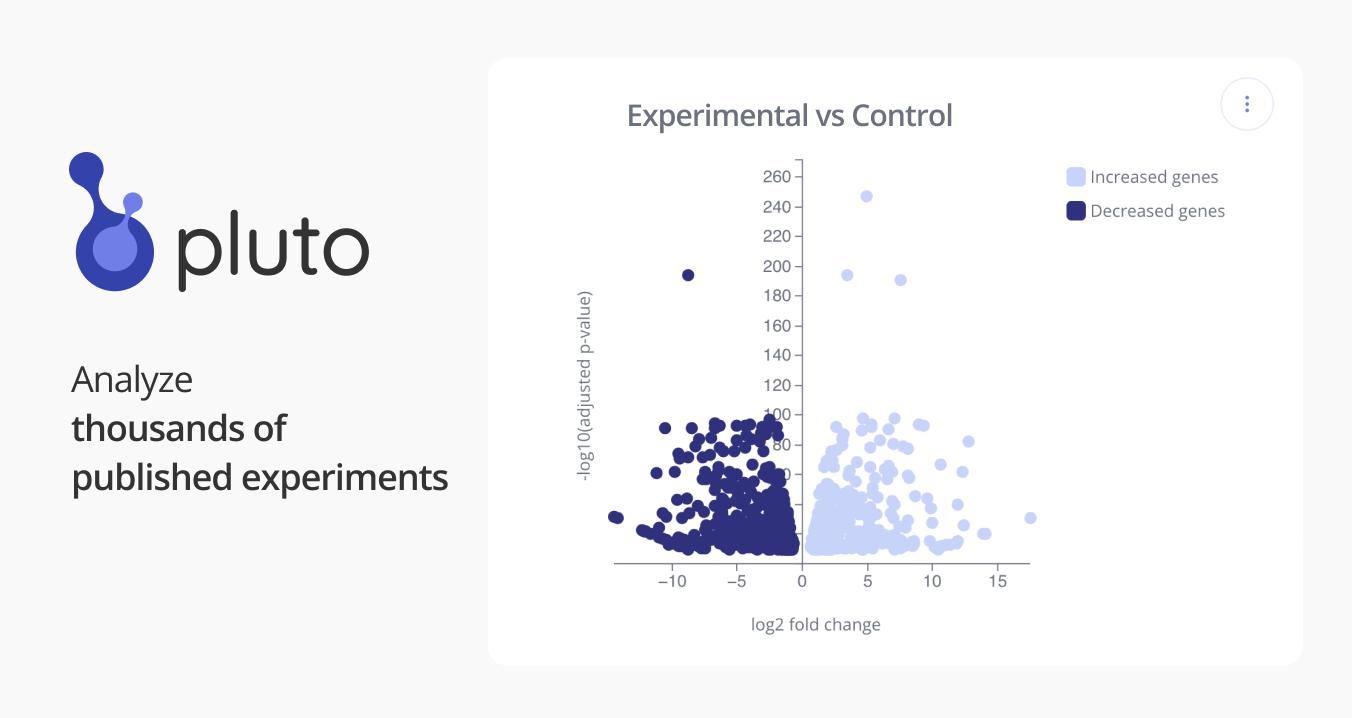Pluto Bioinformatics
GSE152022: Molecular Signature of Tumor-Infiltrating Regulatory T Cells Reveals IL-33/ST2 Signaling-Mediated Accumulation in the Tumor Microenvironment
Bulk RNA sequencing
Regulatory T cells (Tregs) are enriched in the tumor microenvironment (TME) and suppress anti-tumor immunity. However, the origin of tumor-infiltrating (TI) Tregs and the molecular mechanism underlying their TME accumulation are poorly understood. Although IL-33 was reported to regulate the expansion and function of Tregs, its direct role on TI Tregs and its contribution to tumor progression remain uncertain. Firstly, we demonstrated TI Tregs were primarily thymus-derived. More importantly, we found using comparative transcriptome analysis that proliferation-related genes were prominently upregulated in TI Tregs compared with TI CD4+Foxp3 conventional T cells or splenic Tregs of same tumor-bearing mice. One of these genes, ST2, an interleukin-33 (IL-33) receptor, was identified as a potential factor driving Treg accumulation in the TME. Indeed, IL-33-directed ST2 signaling induced the preferential proliferation of TI Tregs and enhanced tumor progression, while genetic deletion of ST2 in Tregs limited their TME accumulation and delayed tumor growth. These data demonstrate the IL-33/ST2 axis in Tregs as one of the critical pathways for the preferential accumulation of thymus-derived Tregs in the TME and suggest the axis as a potential therapeutic target for cancer immunotherapy. SOURCE: JAE WON CHONetwork Biomedicine Laboratory Yonsei University
